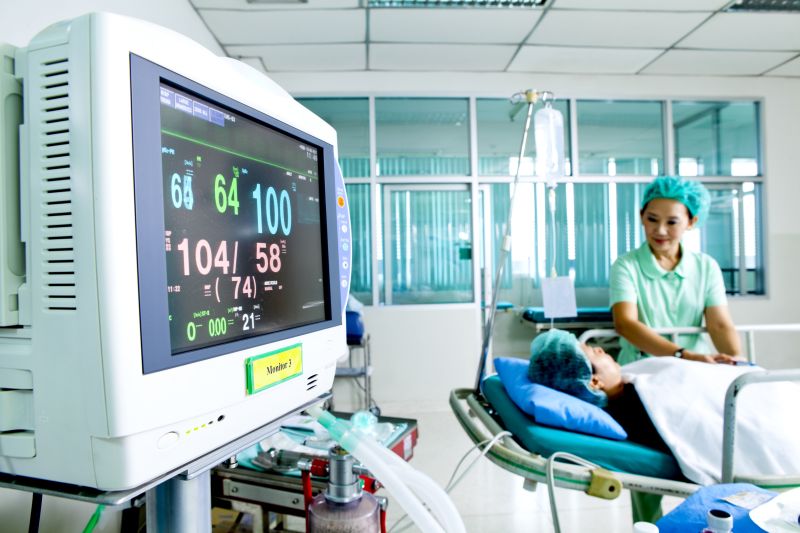During the height of the COVID-19 pandemic, emergency rooms across the country saw a surprising trend—fewer reported cases of heart attacks, strokes, and other critical conditions. While that may sound like good news on the surface, the reality behind the numbers tells a much more troubling story.
According to Dr. Kelly Abbrescia, Medical Director of Emergency Services at Bayhealth, the drop in emergency cases wasn’t due to a healthier population—it was the result of patients avoiding care out of fear. The consequences of this avoidance are both widespread and deeply alarming.

A Hidden Health Crisis During COVID-19
Did Heart Attacks and Strokes Really Decrease?
If you looked at health data from 2020 and 2021, you’d see what appeared to be a sharp decline in heart attack and stroke admissions. But this wasn’t due to a sudden improvement in public health.
Fear of contracting COVID-19 kept thousands of individuals from seeking care, even when experiencing serious symptoms. And it wasn’t just cardiac events that went untreated—many patients postponed or avoided care for infections, chronic diseases, broken bones, and even cancer.
The Risks of Ignoring Medical Symptoms
What Happens When You Delay Medical Care?
Delaying care for serious symptoms can result in irreversible damage or even death. Here are just a few examples:
- Heart attacks: Can cause permanent heart muscle damage if not treated within hours.
- Strokes: Every minute counts—delayed treatment can lead to brain damage, paralysis, or death.
- Infections: Simple infections can escalate into life-threatening conditions like sepsis.
- Chronic conditions: Diabetes, hypertension, and cancer require ongoing management and early intervention to prevent serious complications.
Hospitals Are Safer Than Ever—Here’s Why
One of the major reasons for avoiding care has been fear of COVID-19 exposure in medical settings. But healthcare systems like Bayhealth have gone above and beyond to create safe environments for patients.
Safety Protocols You Can Trust:
- Mandatory PPE for staff
- Temperature checks and symptom screening
- Isolated treatment zones for COVID and non-COVID cases
- Rigorous cleaning and sanitization procedures
- Social distancing in waiting areas
Preventative Care Is a Lifesaver—Literally
Routine appointments and screenings help identify issues before they escalate. Many serious conditions can be treated effectively—if caught early.
Don’t Skip These Essential Appointments:
- Annual physical exams
- Mammograms and colonoscopies
- Blood pressure and cholesterol checks
- Diabetes management
- Vaccinations and booster shots
If you don’t have a primary care doctor, now is the perfect time to find one. Establishing a relationship with a provider can make it easier to stay on top of your health—and more comfortable seeking help when you need it.
Encourage Loved Ones to Prioritize Their Health
Even if you’re taking care of your own health, think about the people around you. Family, friends, and neighbors may still be hesitant to return to clinics or hospitals.
Let others know that healthcare facilities are ready, safe, and available to treat both emergency and routine concerns.
Frequently Asked Questions:
Q1: Why did hospital visits drop during the pandemic?
A: Many people avoided hospitals due to fear of COVID-19, even when experiencing serious health issues like strokes or heart attacks.
Q2: Is it safe to visit the ER or hospital now?
A: Yes, hospitals have implemented enhanced safety protocols, including PPE use, rigorous cleaning, and patient screening at entry points.
Q3: What are the dangers of delaying routine care?
A: Delayed care can lead to worsened outcomes, including complications from infections, chronic conditions, and late-stage cancer detection.
Q4: How can I encourage someone to seek care?
A: Share accurate information about hospital safety and remind them that early treatment can save lives and prevent long-term damage.
Q5: What if I don’t have a primary care doctor?
A: Now is the ideal time to establish care with a primary physician. Regular checkups help prevent emergencies and catch issues early.




